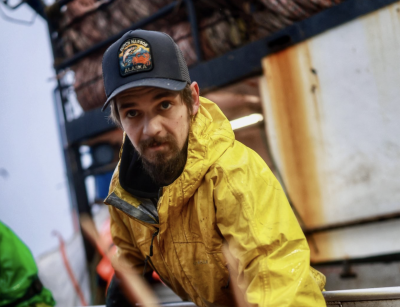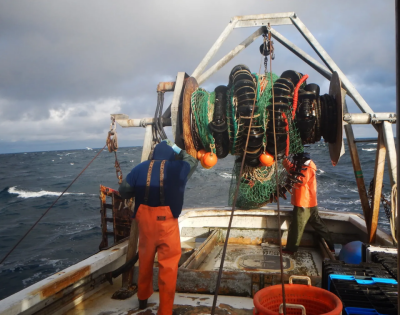The very idea that a human being could be kept as a slave is shocking. But I was not shocked when I recently read about slave labor harvesting prawns in Thailand. It's a familiar story.
I wrote about seafood industry labor violations for a cover story in Seafood Business a year ago. Back then I noticed a pattern: A human rights group finds violations, the media covers them and then things quiet down until the next report comes out. I'm sure it will happen again.
In the latest case, the UK's Guardian newspaper interviewed 15 migrant workers from Burma and Cambodia. The workers had paid brokers to find work in Thailand but were instead sold to boat captains as slave laborers. For more, watch the video from the Environmental Justice Foundation below:
Slavery at Sea from Environmental Justice Foundation on Vimeo.
This is another familiar part of the story. Thailand's industry depends on immigrants from poorer neighboring countries. Though Thailand has improved conditions in its shrimp processing plants, there remain loopholes that these vulnerable, undocumented workers continue to slip through. In some of the most shocking reports, interviewed workers have told about other workers murdered on the high seas, their bodies thrown overboard and fates never known to the families they left behind for economic opportunities.
There may be ramifications for Thailand. The U.S. State Department is considering downgrading it to a Tier 3 country among North Korea and Saudi Arabia in its 2014 Trafficking in Persons report. But it's not enough to instigate change. That must come from the marketplace, said Pedro Bueno, an FAO consultant I interviewed for the Seafood Business story. He told me industry-wide codes are more effective than legally prescribed standards that only give one motivation for improvement: not to be penalized. "Market-based standards tend to reward adherents with better prices," he said.
Change from the marketplace usually comes from the end user: consumers, but people like their cheap imports (in particular, they like cheap shrimp).
But we also have good and abundant seafood products from the United States like pink salmon, which is currently the subject of an Alaska Seafood Marketing Institute promotion. The U.S. industry should follow the institute's lead and develop and promote these abundant species along with the higher-end lobster, king salmon and red snapper.
Word of mouth is helpful too. Tell your neighbors, your friends and, of course, your family to buy American. If that doesn't work send them the video above.
Photo: A laborer displays battered hands from hauling fishing nets on a Thai vessel. The Environmental Justice Foundation photo







